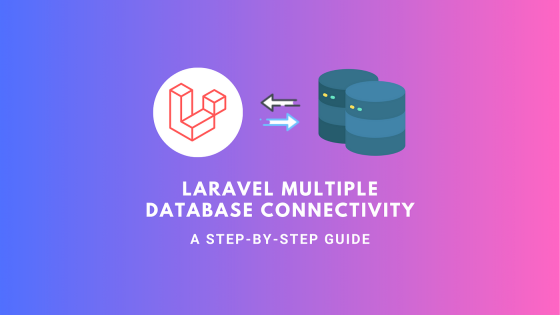Connecting to a MySQL database is a common task for developers, but several issues can prevent a successful connection. Here are some reasons and solutions to help you troubleshoot connection problems.
1. Incorrect Credentials
The most common reason for connection failure is incorrect username or password. Double-check the credentials you’re using to connect to the database.
- Solution: Ensure your username, password, and database name are correct. You can test your credentials using a MySQL client like MySQL Workbench or the command line.
2. Hostname Issues
If you’re trying to connect to a remote database, ensure you’re using the correct hostname or IP address.
- Solution: Use
localhostfor local connections or the correct IP address for remote databases. If your database is hosted on a cloud service, check the service’s documentation for the correct endpoint.
3. Port Number
MySQL typically runs on port 3306. If your database is set to use a different port, you need to specify it.
- Solution: Add the port number to your connection string. For example:bashCopy code
mysql -u username -p -h hostname -P 3306
4. Firewall Restrictions
Firewalls on your server or network can block incoming connections to MySQL.
- Solution: Check your firewall settings to ensure that the MySQL port (default 3306) is open for incoming connections.
5. MySQL Server Not Running
If the MySQL service is not running, you won’t be able to connect.
- Solution: Verify that the MySQL server is running. You can check its status with the following command (for Linux):bashCopy code
sudo systemctl status mysqlIf it’s not running, start it:bashCopy codesudo systemctl start mysql
6. User Privileges
The user account may not have permission to connect from your host.
- Solution: Ensure that your MySQL user has the right permissions. You can grant access using:sqlCopy code
GRANT ALL PRIVILEGES ON database.* TO 'username'@'host'; FLUSH PRIVILEGES;
7. Configuration Files
Sometimes, the MySQL configuration file (my.cnf or my.ini) may restrict remote connections.
- Solution: Check your configuration for the
bind-addresssetting. It should be set to0.0.0.0to allow connections from any IP address or to the specific IP you want to allow.
Conclusion
Connection issues with MySQL can stem from a variety of factors, including incorrect credentials, hostname issues, or server configuration. By methodically checking each potential cause, you can identify and resolve the problem. Always remember to secure your database and avoid exposing it unnecessarily to the public internet. With these troubleshooting tips, you can ensure a smoother connection to your MySQL database.-






Leave a Reply